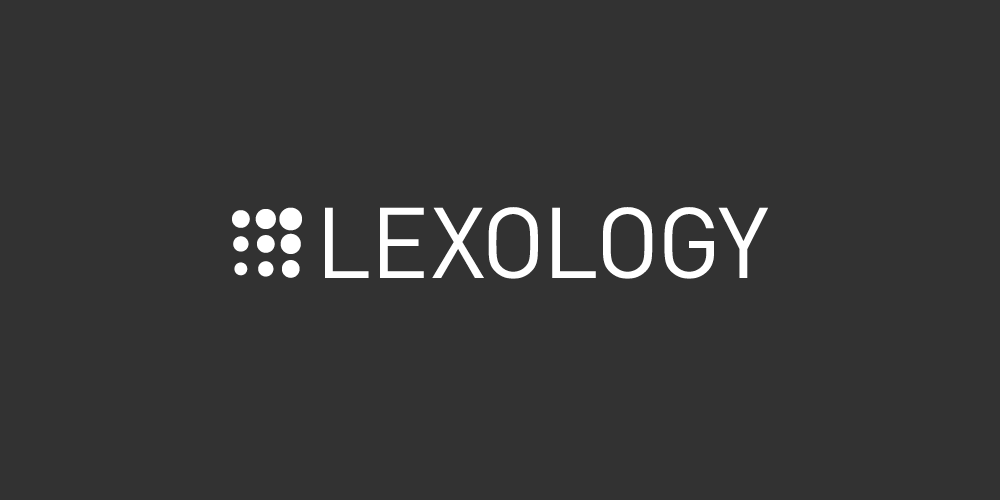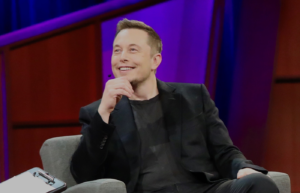Scholars Debate Crucial Fair Use Questions in Meta AI Case

Understanding the Controversy Around Meta’s AI Training Practices
Meta Platforms, the parent company of Facebook, Instagram, and WhatsApp, has come under fire for its approach to training artificial intelligence (AI) models using copyrighted works. This situation has sparked a debate amongst legal experts, academics, and the tech community regarding the legitimacy and ethics of these practices.
What is AI Training?
Definition of AI Training
AI training involves feeding algorithms vast amounts of data so they can learn patterns and make predictions or decisions. This process is crucial for improving AI systems, allowing them to function more efficiently and effectively in various applications.
Data Sources
The data used for training AI models can come from numerous sources, such as:
- Textual content from books, articles, and websites
- Images from online platforms
- Videos and audio recordings
For many companies, including Meta, curating these data sets can involve using copyrighted materials without explicit permission from the original creators or copyright holders.
The Debate: Is Meta’s Use Transformative?
Arguments For Transformative Use
Some academics and legal experts argue that Meta’s use of copyrighted works could be deemed transformative. This means that the new work created by the AI does not just replicate the original but adds new expression, meaning, or message. Proponents believe the following points support their view:
- Innovation: The AI models generate entirely new works that can serve new purposes.
- Access: The AI training processes can potentially democratize access to information and content, fostering creativity and innovation across various fields.
- Public Benefit: Enhanced AI capabilities could provide societal benefits, such as improvements in healthcare, transportation, and education.
Arguments Against Transformative Use
Conversely, critics argue that Meta’s practices may infringe on copyright laws. Key points from this perspective include:
- Reproduction of Original Work: Detractors see a risk that the AI may generate outputs that closely resemble the original copyrighted materials.
- Harm to Original Creators: By utilizing copyrighted works without permission, Meta could undermine the financial interests of artists, writers, and developers who own the rights to the content.
- Legal Precedents: Legal cases involving copyright and AI are evolving, and the outcomes of these cases will influence future regulations regarding AI training.
The Legal Landscape
Current State of Copyright Law
Copyright law is designed to protect the rights of creators and ensure they benefit from their work. However, the rapid advancements in AI technology present new challenges for legal frameworks:
- Fair Use Doctrine: In some jurisdictions, the fair use doctrine allows for limited use of copyrighted material without permission. However, whether AI training qualifies as fair use remains a contentious issue under current laws.
- Ongoing Legal Battles: Various lawsuits related to AI and copyright are underway, focusing on the implications of machine learning models trained on copyrighted data.
What Lies Ahead
The intersection of AI technology and copyright law is a complex and evolving space. As more companies like Meta engage in AI development, the discussions surrounding fair use, transformative work, and copyright infringement will intensify.
- Future Regulations: Policymakers may need to consider new regulations that specifically address AI training practices, striking a balance between inspiring innovation and protecting intellectual property rights.
- Engagement with Stakeholders: Collaboration between tech companies, creators, and legal experts may lead to frameworks that benefit all parties involved.
In summary, the pressures and implications of using copyrighted materials for AI training are significant and multifaceted. Ongoing dialogue among academics, creatives, and legal advisors will be essential in navigating this emerging landscape.






